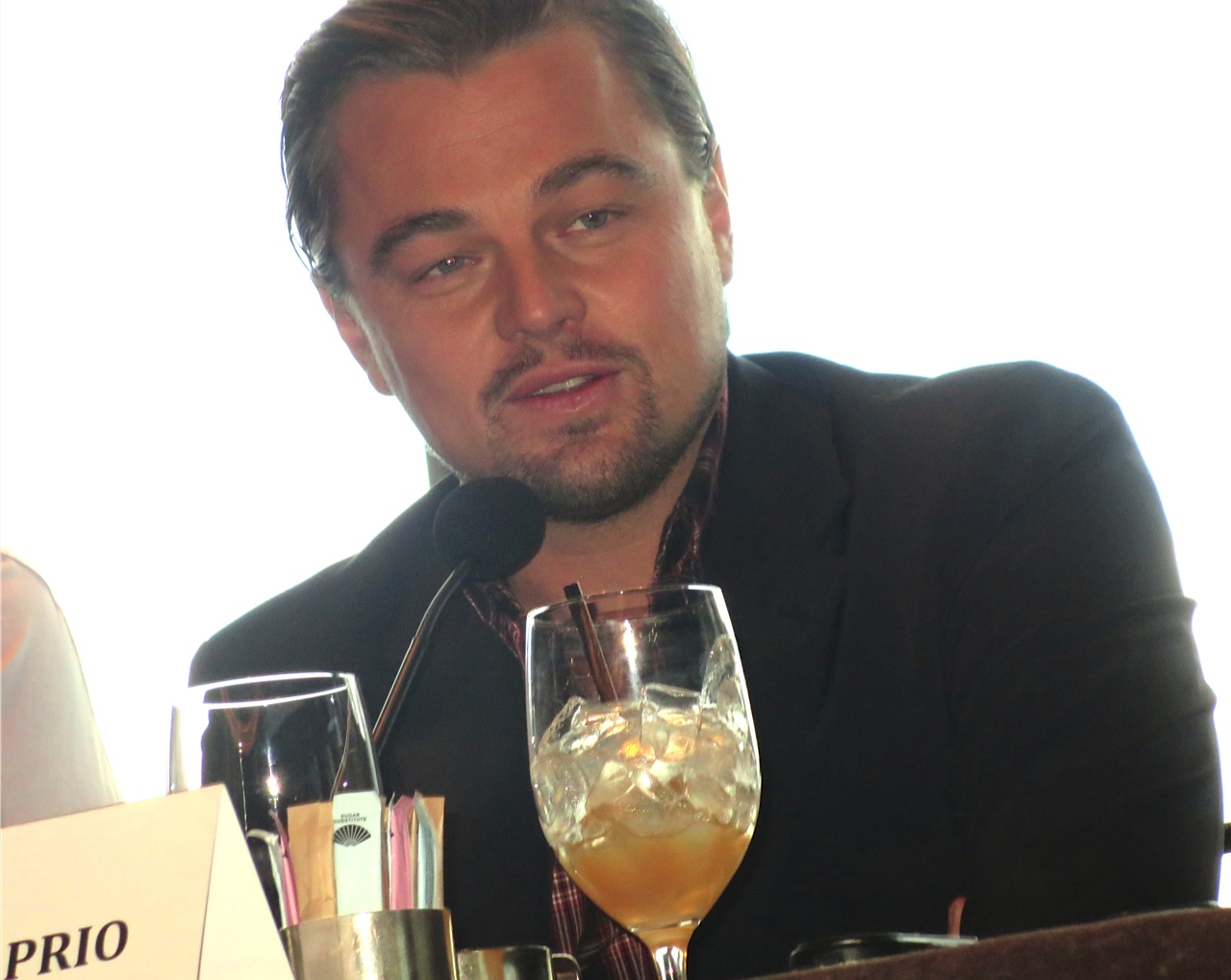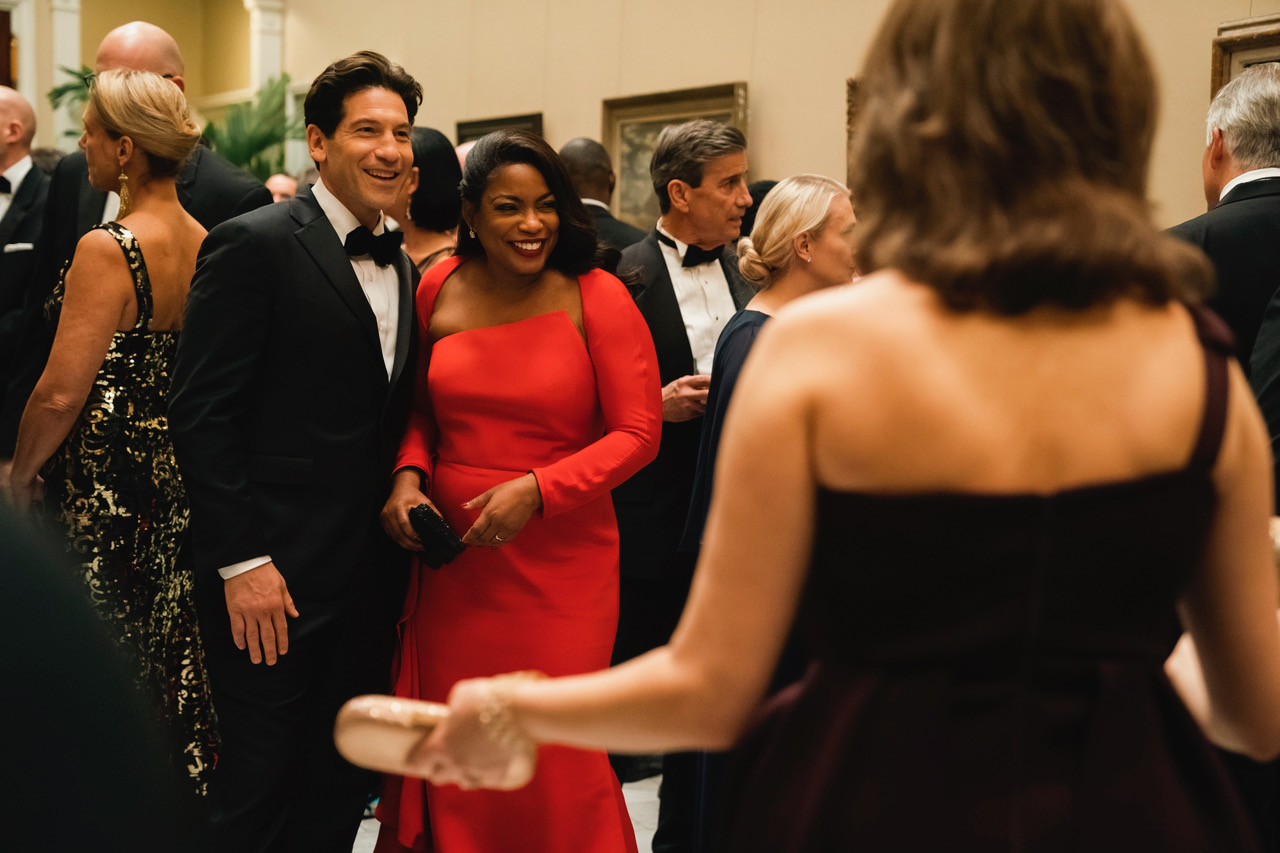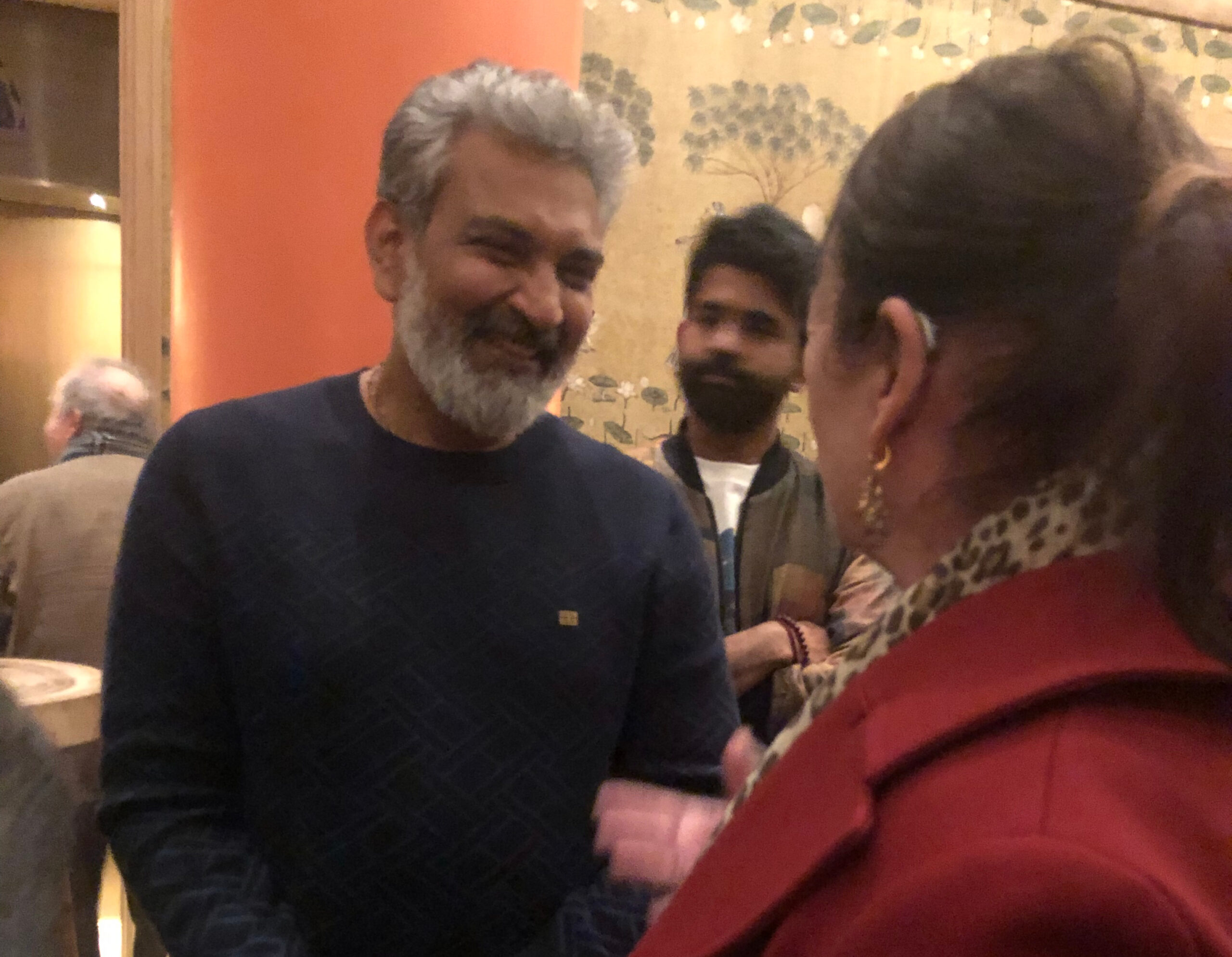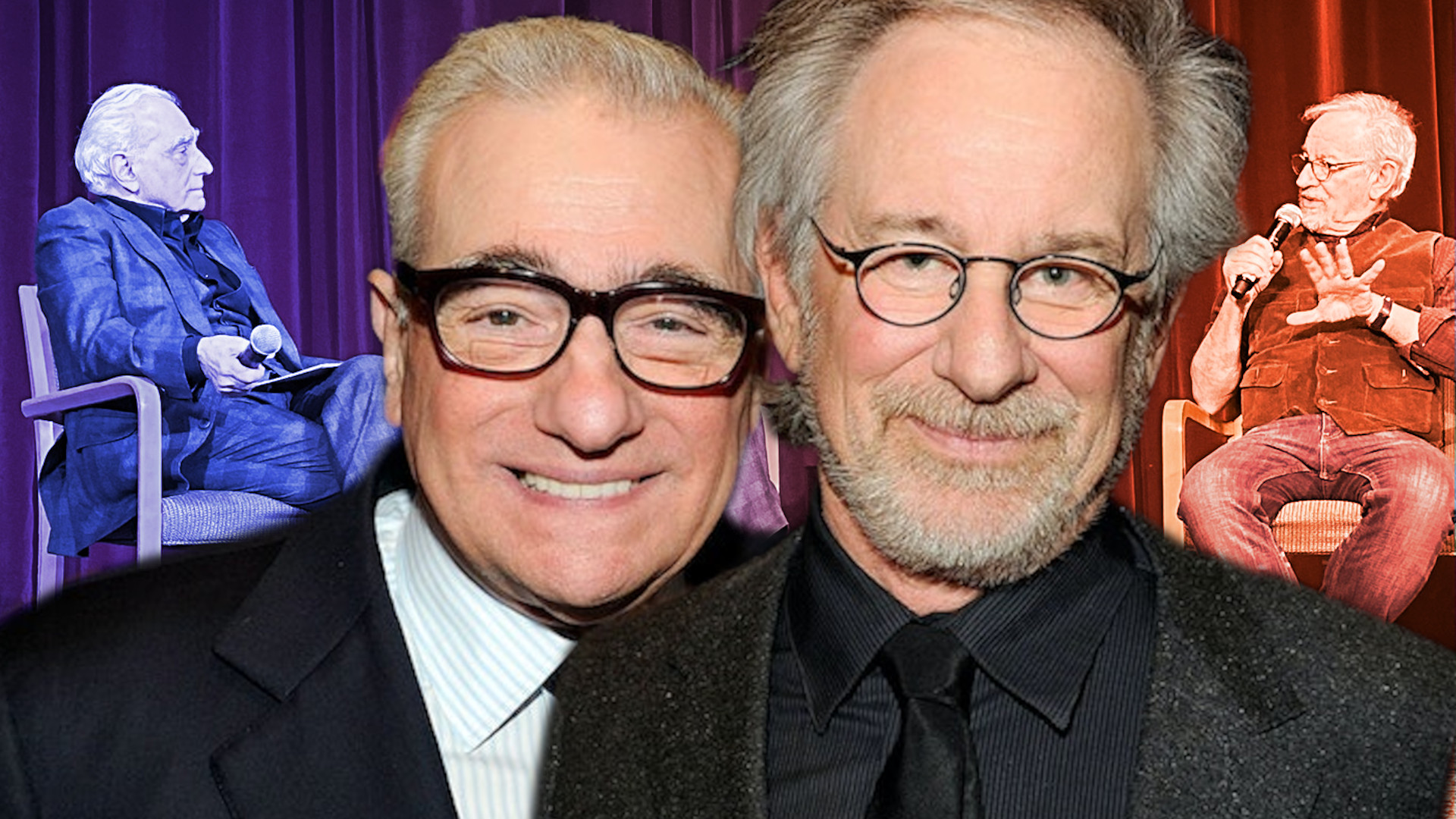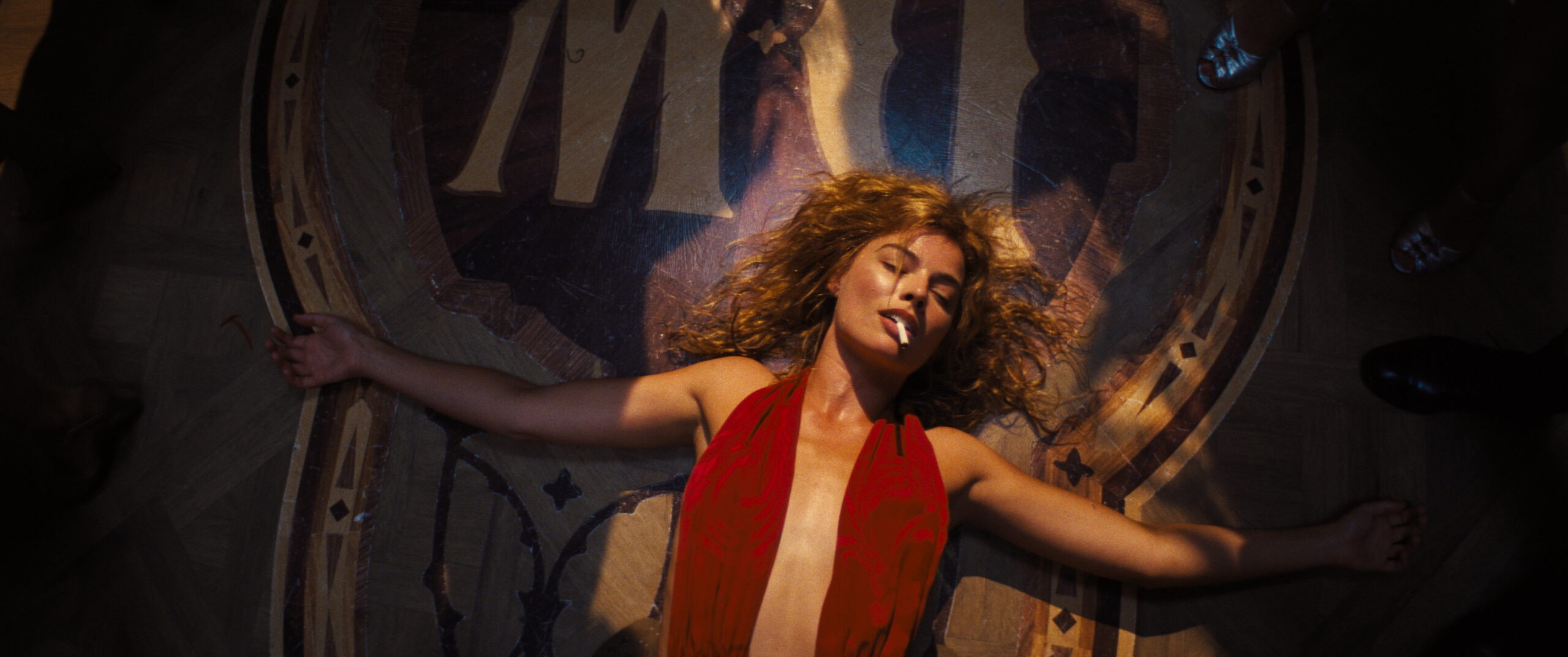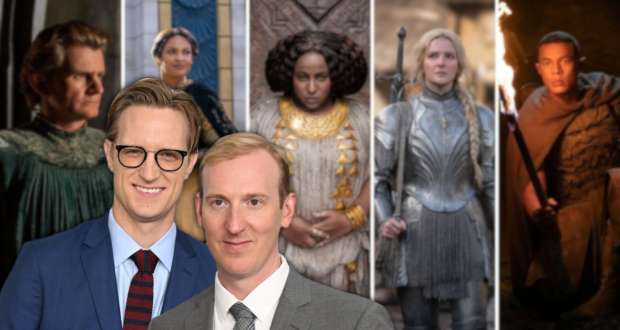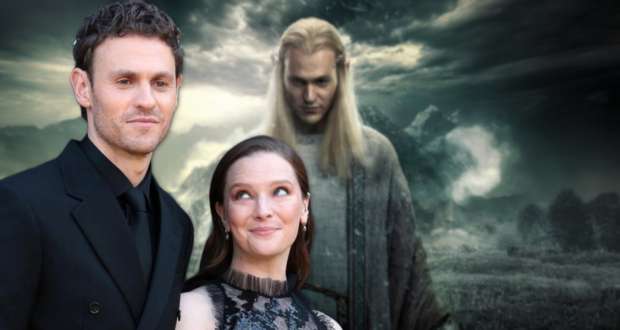
Martin Scorsese’s “The Wolf of Wall Street” is the last major film with Oscar prospects to be rolled out this year and it’s a doozy. As you’ve probably heard, it’s nothing like the child-friendly “Hugo,” Scorsese’s last film, which the director said he made for “personal reasons.” Scorsese and his star, Leonardo DiCaprio, attended a press conference recently for “The Wolf of Wall Street,” to talk about the film and what inspired them to make it, and how far they were willing to go to recreate the drug-and-sex-crazed atmosphere they depicted. (Rob Reiner, Kyle Chandler, screenwriter Terence Winter, and Red Granite Pictures producers Emma Tillinger, Riza Aziz and Joey McFarland also attended.)
“The Wolf of Wall Street” is 179 minutes of scene after scene of rampant, drug-fueled sex in yachts, mansions, planes and offices. Leonardo DiCaprio plays real-life sociopath Jordan Belfort, a financial fraudster who, along with his fellow executives at the Long Island brokerage firm Stratton Oakmont, swindled their clients out of all their money in the late 1980’s and early 1990’s. By the time Belfort was 26, he was worth many tens of millions of dollars, and by the time he ended up in the slammer, he was only a few years older.
With its pumped-up adrenaline charged energy and exuberance, “The Wolf of Wall Street” is closer in spirit to “Goodfellas” than any of Scorsese’s other recent films. What they also have in common is that they are both about men in extreme situations and how they take care of their business. It’s also about a certain brotherhood and code these men adhere to with each other. The strongest bond in “The Wolf of Wall Street” is the one Belfort forges with Donnie (Jonah Hill), a loser and nebbish, whose only motivation is sex, drugs and money, and their scenes together are the funniest and most acerbic in the film.
The real revelation is DiCaprio’s physical comedic skills, especially a slow motion sequence where he overdoses on Quaaludes and loses all his motor control. It’s pure slapstick worthy of Buster Keaton and Jerry Lewis.
Here are some highlights from the Manhattan press conference of “The Wolf of Wall Street”:
DiCaprio on why he wanted to produce and star in the film:
About 6 years ago I picked up this novel by Jordan Belfort, which was a fascinating read (and wanted to do the film) simply because I felt like it was really a reflection of everything that’s wrong in today’s society (laughed). This hedonistic lifestyle, this time period in Wall Street’s history, with Jordan basically giving in to every carnal indulgence possible and where he was obsessed with greed and obsessed with himself essentially. He was so unflinching in his account of this time period and so honest, so unapologetic in his biography, I was compelled to play his character for a long period of time.
DiCaprio on what delayed the making of the film:
We almost got the financing during “Shutter Island,” and the film fell apart but I was obsessed with having Marty direct this film. Terry Winter wrote an incredible screenplay that I think really catered to Marty’s strength and his style and so it was a long waiting period to get this film financed and finally our friends here at Red Granite said, look, we want to take a chance on this film, we want it to be a grand American epic of greed and pull no punches, push the envelope and go the distance with it, so I re-approached it and brought it back to Marty. Look we don’t really get opportunities like this very often, these things really don’t come out of the studio system and thankfully he agreed to do the film, again, and here we are.
Martin Scorsese on his resistance to making the film and why there were delays in shooting:
I read the script (but) many times for me when something is given to me and my other people I don’t necessarily respond to it right away. “The King of Comedy” was 10 years before I was able to come around to it. “Raging Bull took six years, seven. I have to find my own way with it I think. I had in mind to do another film but we had just finished “The Departed” and that’s when we tried to get the financing of “The Wolf of Wall Street,” and we found a lot of resistance from studios for that, and at the same time, and I wonder having gone through “The Departed,” and having gone through some tougher films, the issue is whether it’s worth fighting that process because it’s all about fighting that process, unfortunately. It’s not about good people, bad people, it’s about what they need, what we want to do, what we could deliver for the market place that still we feel is strong, the kind of work we do, and could you go through it again? It may not be worth it. It just isn’t it at a certain time in your life. And so, at the same time the market came apart, Sept. 2008, and we decided to do “Shutter Island” and after that, came back again (to this film)… I wanted to do “Hugo,” but the reasons why I wanted to do “Hugo” were personal and after “Hugo” is when we finally pulled it all together. I think I just thought the opportunity was back, and I found a way I could approach the material in a different perspective from my other films.
Terence Winter on why he wanted to write the screenplay:
I read the book in galley form somewhere in 2007. I read it in one sitting. I could not put it down. I couldn’t believe what I was reading was exactly a true story and that that person would actually be alive at the end of it… We (the producers) had dinner with his parents who were actually lovely, talked to the F.B.I. agent who arrested him and he assured me that everything in the book was true, which was even more incredible to me.
DiCaprio on the relentless depravity depicted in the film, including one scene – much written about – where a dominatrix uses his derriere as a candleholder, and his character snorts cocaine off of an unusual part of a hooker’s anatomy:
Look, my attitude about doing this movie is we were trying to depict a modern-day Caligula and all the debauchery that comes with it, so you detach your own individuality for the accurate portrayal of the character and that’s what we did.
Scorsese on the DiCaprio’s scene with the dominatrix and his struggles with the MPAA and the film’s rating:
In terms of the candle thing (laughed), the idea is his wife is really mad at him and he’s denying even knowing where he was, what he was doing, and so then we show you what he was doing. And then he says, ‘Oh yeah! Oh yeah I remember now!” It’s rather extreme. It means he was really, really out of it and it’s part of the humor of it.
And as far as our friends with the MPAA, actually it went rather smoothly and as you know, I’ve been dealing with that system since 1973, with “Mean Streets,” where I had to cut a few lines of dialogue that are now used on regular newscasts… It got a little difficult because of the time limit. I had to decide which frames and which scenes (to cut), and I had also hadn’t finished the cut of the film and that became rather pressured in a way, but we finally worked it out, so nothing (was cut) that I would feel was in any way missed.
On what the actors actually snorted in the cocaine scenes:
DiCaprio: It’s baby vitamins. Vitamin B.
Scorsese: Yes, it helped them (laughed).
DiCaprio: It certainly burned our nose.
Scorsese: It was bad.
DiCaprio: We did a lot of it in this film.
Reiner: It’s really hard to get a baby to snort it
Scorsese: You have to work at it.
Rob Reiner, more a director than an actor these days, on how he felt about being approached to appear in the film:
You don’t ask questions. When Martin Scorsese asks you to be in a film you just do it! He’s one of the greatest filmmakers of all time and when I got the chance, you know, when you’re coming into a situation, first of all, I thought, well he wants me to play Leonardo DiCaprio’s father, so I thought, Well maybe I’m more handsome than I thought. I took it to mean that.
That’s right, exactly,” Scorsese laughed.
Scorsese on the “honor among thieves” code or brotherhood in “The Wolf of Wall Street” and how it compares to that of the mobsters in “Goodfellas”:
They’re respectable (on Wall Street). They have a veneer of respectability…
I think there’s a kind of mythology about the honor among thieves to a certain extent. “Goodfellas” shows that, maybe not. But I guess it’s more a primal level than the street. You know, you promise something to someone, you have a situation where it’s a matter of respecting each other, it’s different, it’s face to face… Nobody knows where the hand comes from. You do it with a stroke of the pen and so it’s more insidious I think.
DiCaprio on how he felt about Belfort and if his portrayal is too sympathetic:
He was incredibly beneficial for me as an actor. I’ve been having conversations with him off and on for years. And you have to understand, he looks at this as an isolated period in his life, he’s been paying the price ever since. He’s been doing everything he can to repay his debt to everybody that he’s ripped off.
He would divulge the most embarrassing things about his life because he looked at it as a part of his past, and even the times when we would start to have conversations where he’d start to veer off and go, “Well maybe we shouldn’t portray (this).” I’d said, look you wrote this book, you wrote this book about this time period in your life, and you did it for a reason, and you did it to talk about what happened behind the doors of Wall Street and the conversations that were going on in an unregulated marketplace. You’re making a statement here, so let’s tell the truth. As soon as we had that conversation, he’s like, “All right, I’m an open book. I’m going to tell you not only what happened on that day, but I’m gonna tell you something ten times worse.”
Scorsese on keeping his distance from Belfort:
I did the same with Henry Hill (“Goodfellas”). I never met him (Belfort). I spoke to him once on the phone. That was it… I have to find my own way with it and they’re fascinating, that’s what’s so fascinating about them, they can be persuasive.
DiCaprio about the humor in the film, especially the sequence where time slows down depicting what Belfort feels like when decades-old Quaaludes finally kick in.
We (Scorsese and Winter) talked a lot about (this) early on, what we wanted this whole film to feel like, and we wanted it to be this hallucinogenic sot of ride, this roller coaster, and that sequence specifically, was almost like a day in the life of two schnooks who took way too many drugs. And through the rehearsal period talked about adding more tension to that and condensing a few scenes to combine urgency of him coming back to Donnie who had given him the drugs as an apology for screwing up, and then he’s on the phone with Switzerland. The F.B.I. is bugging him. So to me it was almost like a small film within the film, and we kind of treated it that way.
DiCaprio on whether he did all his stunts, including the Quaaludes scene where he crawls along the ground and falls down stairs to get to his Lamborghini.
Scorsese: Not falling down the stairs. No.
DiCaprio: I did everything else though. And I did have injuries. It was worth it.
A lot of it came from Jordan, me filming Jordan talking to me about what Quaaludes were like, and I had him rolling around on the floor for me and he was helpful with that, but a lot of the research I did really came from this one video, on loop, it’s on YouTube, called “The Drunkest Man in the World,” and it’s a man trying to get a beer but his body doesn’t quite, he’s rolling around the floor for hours, so that was a huge inspiration for me.
On how Scorsese and DiCaprio describe their relationship:
DiCaprio: With “Gangs of New York,” and since then it’s been this great relationship where we’ve trusted each other more and more and realized we have a lot of similar sensibilities in the types of movies that we want to do, and we have an acute understanding for what a scene should be and a lot of times it’s unspoken, but more than that, everyday for me it’s just an honor to be on a set with somebody like this. I mean he kind of reinforces in me what movies are all about. Sometimes you forget.
We were doing a film about pretty disreputable, despicable people, and we had a lot of conversations about, “Okay, will audiences go along on the journey with us?” And he said one thing to me that I’ll never forget, it was my mantra through this film, which is, look, as long as you portray these people for what they are, and you don’t try to sugarcoat them, apologize for their actions, or depict them in any way other than authentically what they are, audiences will go along with you. And that was like the green light for this entire process.
Scorsese: The element there is trust, creative trust, you know? And it’s been remarkable in the later part of my life to find somebody I could collaborate with who has, as I said originally, rejuvenates me… But in any event it has to do with trust, it has to do with, as he says, once, I talk to him that way and he accepts it, he knows where he’s going. You know, it isn’t a matter of every day having to say that, you see? Cause if it’s every day then you can’t make the picture.
